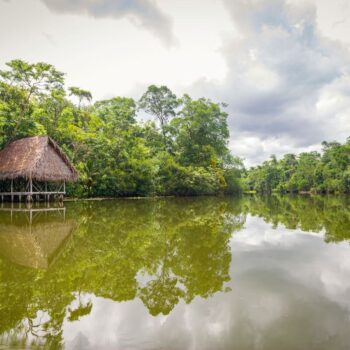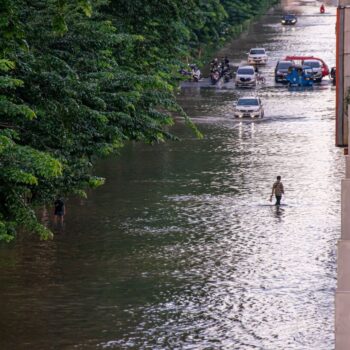The challenge of Sustainable Development needs to be looked at in its historical context. Attached is a slide that attempts to do just that.
The following text serves as an initial introduction – we’ll be returning to this idea in later posts.
The Brundtland definition of sustainable development as “development that meets the needs of the present without compromising the ability of future generations to meet their own needs” remains as good today as when it was first drafted. What it means is that we have to deliver better economic opportunities to eight billion or more people without collapsing the ecological foundations of the economy. That is precisely those systems – the oceans, forests, freshwaters and climate – that it will take success at the hard politics of the environment to protect.
We forget too easily that these systems provide everything in our economy that is not provided by fossil fuels and non-fossil minerals. Sustainable development is not about balancing anything. It does not mean striking some lowest common denominator equilibrium between environmental, social and economic factors.
It is about maintaining the basic environmental conditions without which economic development cannot take place at all. Indeed, in the case of the climate, it is about maintaining the fundamental environmental conditions for civilisation itself.
In the nineteenth Century we learned the hard way that you must maintain the social conditions for economic growth or your economy will not grow. It took until the middle of the twentieth Century for everyone to accept the need to invest some of the proceeds of economic growth in maintaining those social conditions – health, education, welfare.
But by then we had spent five decades deciding whether communism or fascism was our preferred form of totalitarianism. It took another four decades before both options in that grim choice were finally gone.
If we fail to maintain the environmental conditions for development, if we do not invest much more of the proceeds of that development in their maintenance, if, in other words, we do not make the transition to sustainable development, we will repeat that sad lesson in this century. And the consequences of that failure will be even more catastrophic for humanity.


